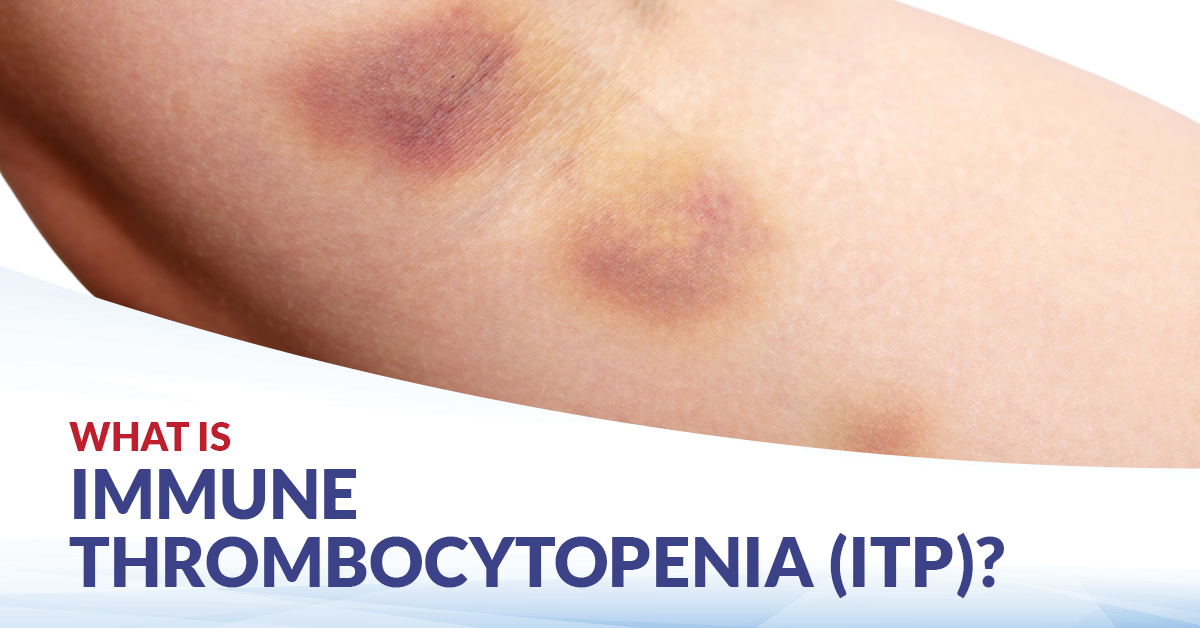
Causes
Symptoms
Treatment
FAQ
What causes ITP?
The exact cause of ITP is often unknown, but it is believed to involve the immune system mistakenly attacking and destroying platelets. It can be triggered by viral infections, certain medications, or underlying autoimmune diseases.
What are the symptoms of ITP?
Symptoms of ITP may include excessive bruising, petechiae (small red or purple spots on the skin), prolonged bleeding from minor injuries, blood in urine or stool, and fatigue due to anemia.
How is ITP diagnosed?
Diagnosis typically involves a complete blood count (CBC) to measure platelet count, a blood smear to examine the appearance of platelets, and sometimes a bone marrow biopsy to rule out other potential causes of low platelet count.
CONSULTATION HOURS
Monday to Friday : 4.30 pm to 10 pm
Saturday: 2 pm to 5 pm
info@drsrikanth.org.in
Phone Number
+91 72001 65148
+91 93447 46686


